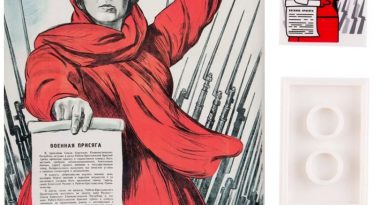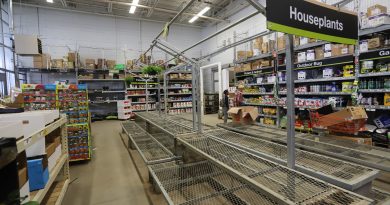Detroit Policy Conference Touts Collaboration, Cultivating Local Talent, Transit Connectivity
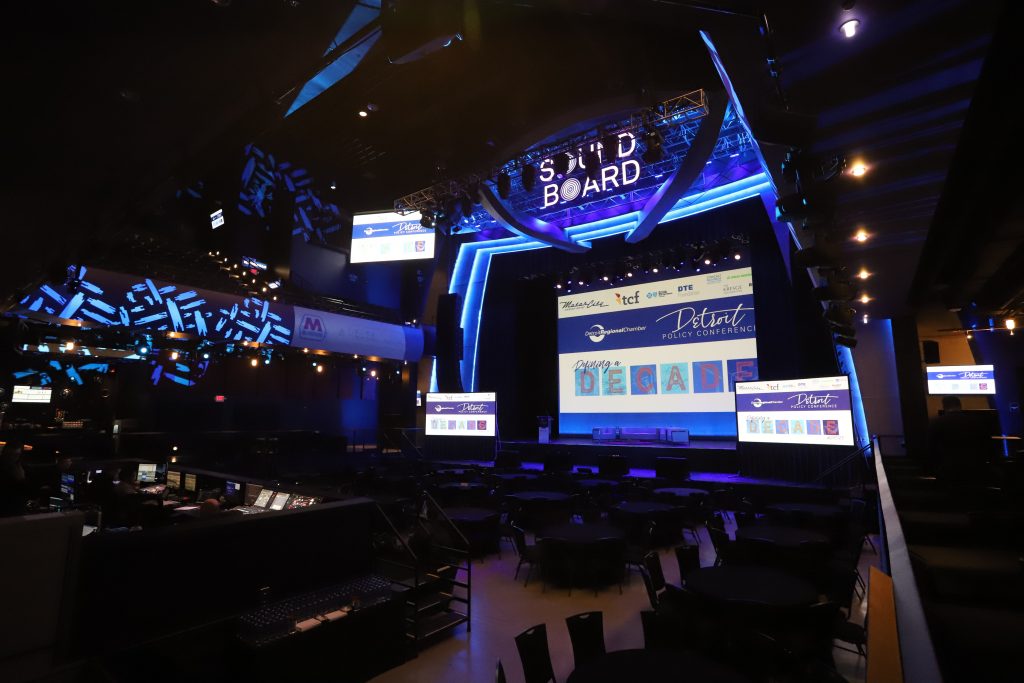
Months before the Davos of the Great Lakes, a.k.a. the Mackinac Policy Conference, draws visitors to the historic island off the far northern tip of Michigan’s Lower Peninsula, Detroit hosts a Southeast Michigan-centric prelude. Yea, always in the dead of winter, the Detroit Policy Conference is a who’s who of the region’s movers and shakers– and today was my first time attending.
The Detroit Regional Chamber puts on the event, which this year drew 800-some attendees to Motor City Casino, according to Chamber staff. I took the bus bright and early in what was an exceptionally fast, 30-minute trip down Fort Street and up Trumbull.
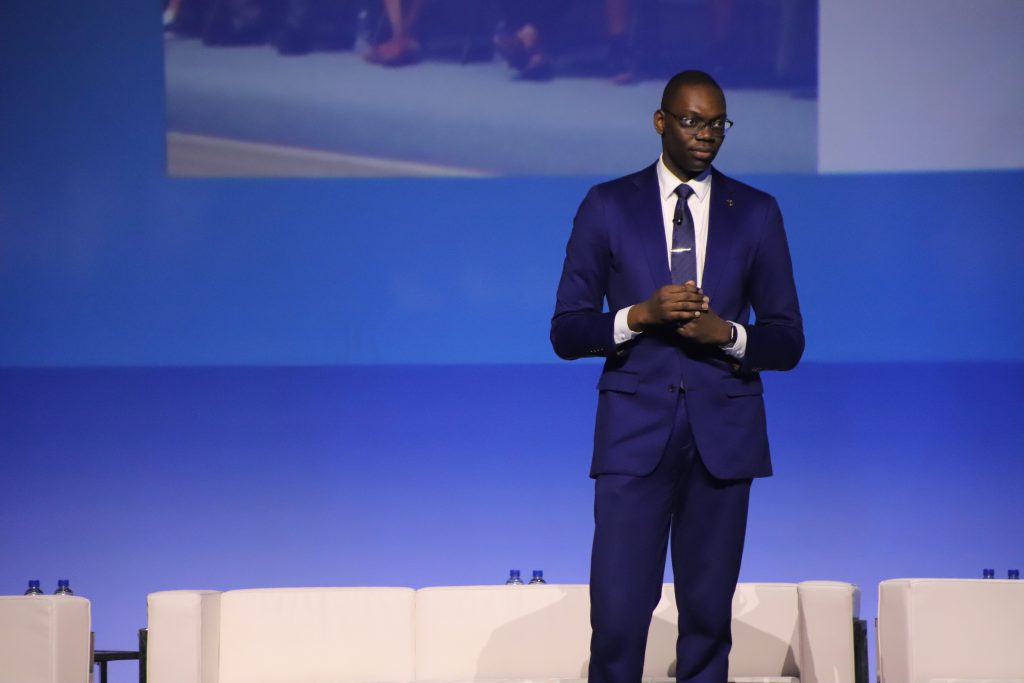
Lt. Gov. Garlin Gilchrist, II provided a stellar keynote address. He focused on entrepreneurship, but pushed the audience to think beyond venture capital backed startups as entrepreneurship– and more in terms of ordinary people who solve problems that benefit communities and society as a whole. He implored Michiganders to stand tall, his campaign slogan (tongue-in-cheek given that he is himself approximately ten feet tall), for entrepreneurship and regional collaboration.
“We all have a role to play to enable the entrepreneurial spirit that will lead to more opportunity being created in this next decade and beyond,” Gilchrist said. “We have work to do.”
The Lieutenant Governor went on to talk about the importance of communities that are better-connected, making the case for not just physical connection in the form of transit infrastructure but also internet connectivity. The lack of broadband access in Detroit has been a huge topic of discussion. We know, of course, from previous interactions with the Lieutenant Governor that he is indeed a big fan of transit.
Gilchrist was followed by Detroit Mayor Mike Duggan, Dug Song, co-founder and general manager of Duo Security (bought by Cisco), Oakland County Executive Dave Coulter, and more. One speaker focused on the cannabis industry and what legalization could mean for Michigan’s economy and healthcare. Song lamented the failure of previous regional transit initiatives.

GRIT: PERSEVERANCE? OR LITERALLY ‘DIRT’?
We also heard a great deal about “grit.” I’m not sure when, but the term has become quite popular in recent years as a term for “perseverance.” I personally don’t find this as valuable a neologism to describe Detroit’s ethos as I do the idea of grit as literal dirt, its traditional meaning– we are a hardworking city, and rolling up one’s sleeves means one gets one’s hands dirty.
Let’s be real here. Shinola didn’t sell Detroit based on perseverance and striving, it sold Detroit based on the gritty, working-class charm (remember my OG post on this?). That is gritty in the sense of literally dirty. I’m raising this semantic flag because we shouldn’t be afraid of thinking about the less glamorous solutions to our most pressing problems. We should not be afraid to roll up our sleeves and get our hands dirty. I honestly don’t think you can really be a good real estate developer if you don’t know how to physically build stuff with your hands. Cities are built and rebuilt by people– indeed, by hand.
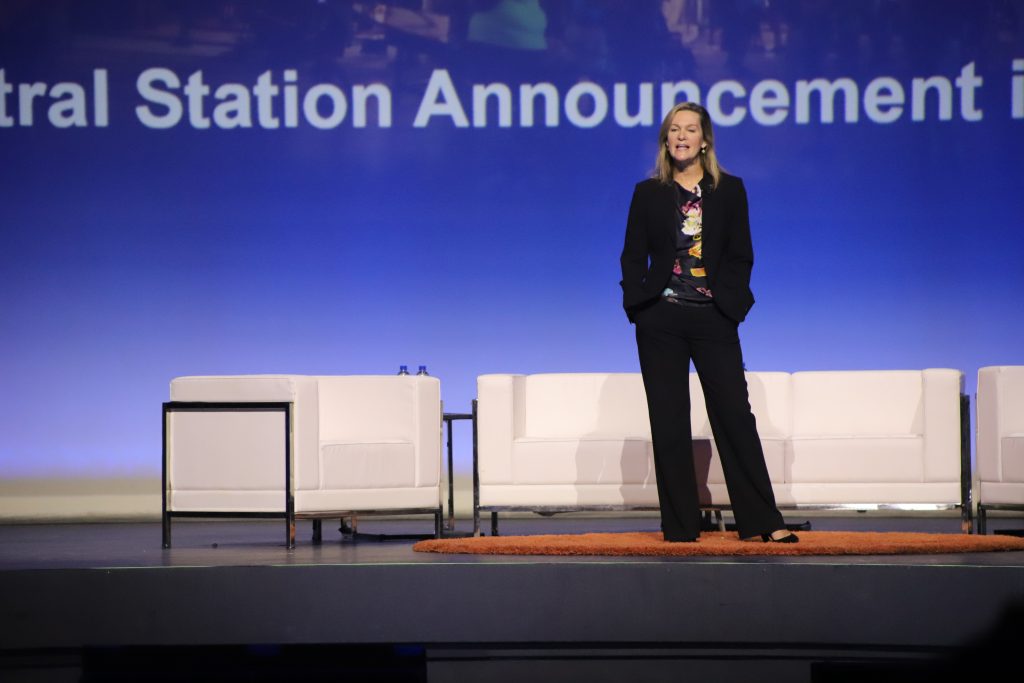
DREAMING OF A NEW MICHIGAN CENTRAL STATION
Ford’s Mary Culler, Detroit Development Director and Ford Fund President, presented on the Michigan Central Station project, which, she said, will anchor a “mobility corridor” between Detroit and Ann Arbor. One Twitter user commented that “these concepts are useless” until we know what that actually means. It was interesting to listen to an entire 15-minute presentation about the future of “mobility” without a single mention of public transit or even trains.
these concepts are useless until we know what a “mobility corridor” really means https://t.co/9uqjoeGBLH
— Jimmy McBroom (@6a726d) January 29, 2020
The transiterati long for MCS to be reconnected to the regional rail system, replacing, mayhap, the Amshack in New Center. I reached Amtrak’s Mark Magliari a few weeks ago in Chicago. He honestly sounded pretty jazzed about the idea, but pointed out that there’s a whole layer cake of bureaucracy that would have to be cut through in order to get there. Let’s remember that these are freight lines that connect to Windsor under the Detroit River. They are operated by CN who, along with the rest of the Class I railroads, could not have less interest in making passenger rail work better.
Magliari pointed out that a transit connection between Detroit and Windsor through the tunnel would require substantial trackage improvements, but also would require a connection through Windsor to the tracks out of town. That is, perhaps, a tall order– but it is one people would love to see as part of the train station project, which promises to bring potentially billions of dollars into the Corktown neighborhood. The connection to Ann Arbor is similarly another can of worms. But certainly worth exploring.
Culler acknowledged that Corktown is a pretty low density neighborhood and it “isn’t where we need it to be.” This shouldn’t be taken as offense to neighborhood residents. I’ve written about this in the past– on the Corner project. Rather, it is an opportunity for neighborhood residents to expand their involvement in the process. Ford’s commitment to neighborhood inclusion is certainly debatable, but I always say that you can’t complain about not being invited to the table if you don’t knock on the door.
AUTOMOTIVE MANUFACTURING HORIZONS
Mike Duggan touted the $2.2 billion investment in D-Ham, a.k.a. GM’s Detroit Hamtramck Assembly plant, which was announced this week. The plant, which makes the Chevrolet Volt, was originally slated to close. It is unclear exactly how that will pan out. Let’s remember that GM never actually delivered all of the jobs it promised in exchange for building the Poletown plant in the first place, which required quite literally demolishing an entire neighborhood. Let’s also remember that GM pays no federal taxes. And reports this week indicate that the company has even banked up hundreds of millions of dollars in tax credits.
I have had similar critiques of the FCA project on the east side, especially as we dive headlong into the next recession. Auto sales have been lagging nationally. The entire transportation sector is in a recession. And manufacturing, generally, has been on a long wane.
Hey, if trickle-down worked, I’d be all for it! Though evidence appears to be lacking.
VISIONS FOR REGIONAL COLLABORATION
Dave Coulter is the cool new executive of Oakland County, the refreshing, menthol alternative to the acrid, stinging spice that was the late L. Brooks Patterson. One of my readers called his speech “refreshing,” arguing for necessary regional collaboration. Coulter is a huge fan of regional transit expansion, though it is unclear exactly how efforts will be coordinated between Detroit and Oakland (and, of course, everyone else). I did not say “hi” on his way out as he was flanked by his media man, Patterson holdover Bill Mullan, who once in 2018 accused me of being a member of the lying liberal media, but I look forward to seeing what he says in the future!
CONCLUSIONS
The gift bag included perhaps the fanciest swag I’ve ever received from a conference in the from of a Shinola journal, courtesy of Michigan Economic Development Corporation. Shinola journals are made locally in Ann Arbor by centenarian printer and bookbinder Edwards Brothers Malloy. Although the company recently went under and it is unclear what the future of this product is. This was a bittersweet realization that I only realized after I got back to my desk and Googled the company to provide an inline link. But it is perhaps an instructive anecdote in thinking about the future of our region. Manufacturing jobs come and go– through business cycles and automation- but the drive to produce is something that, I suspect, will always remain strong in Southeast Michigan.
You can find a full list of speakers here.
Further acknowledgments: Ran into Handbuilt contributor and transit aficionado John Good, AICP, Strategic Analyst with Ford Mobility. Thanks for your support!
(Ford Motor Company had not responded to a request for a clarification on Mary Culler’s remarks as of the time of publication.)

